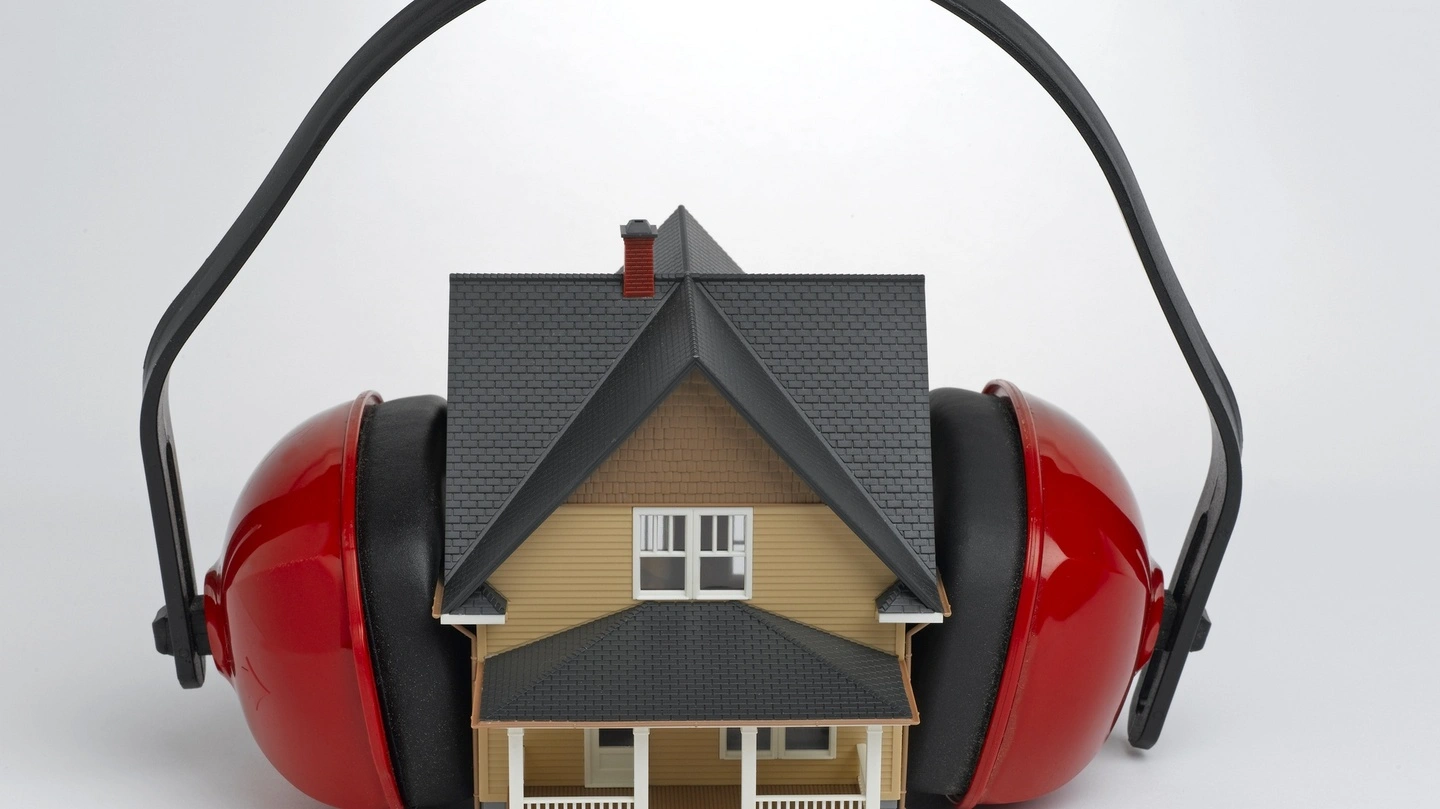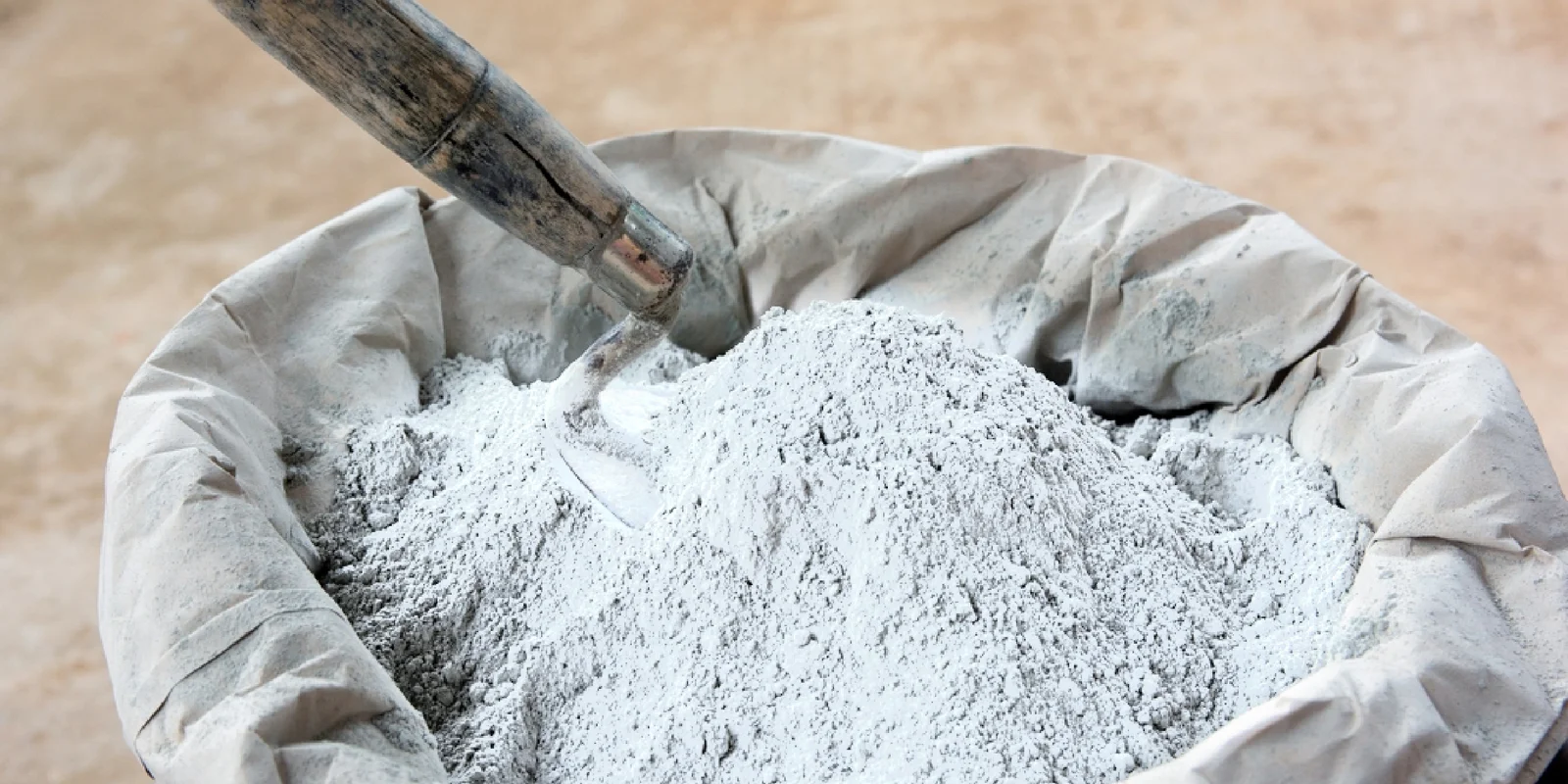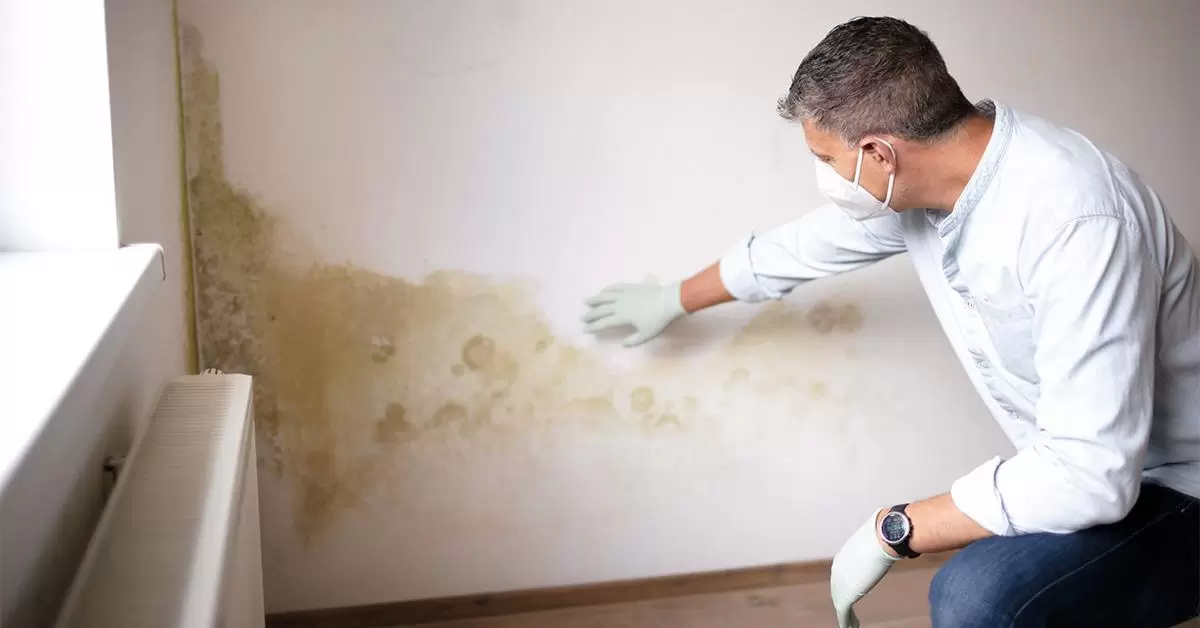Table of Content
▲- Introduction
- Table of Contents
- 1. Importance of Reducing Noise Pollution
- 2. Common Sources of Noise Pollution at Home
- 3. Home Modifications to Reduce Noise Pollution
- Soundproof Windows and Doors
- Acoustic Insulation
- Noise-Reducing Flooring
- Sound Absorbing Furniture and Decor
- Use of Curtains and Blinds
- 4. Additional Soundproofing Techniques
Introduction
Noise pollution is an increasing concern in urban areas. Whether it comes from traffic, construction, or loud neighbors, excessive noise can significantly affect our quality of life. Fortunately, there are several home modifications that can help reduce noise pollution, creating a peaceful living environment. This article will explore various techniques, products, and structural changes that can minimize noise infiltration, making your home quieter and more comfortable.
Table of Contents
- Importance of Reducing Noise Pollution
- Common Sources of Noise Pollution at Home
- Home Modifications to Reduce Noise Pollution
- Soundproof Windows and Doors
- Acoustic Insulation
- Noise-Reducing Flooring
- Sound Absorbing Furniture and Decor
- Use of Curtains and Blinds
- Additional Soundproofing Techniques
- Sealing Cracks and Gaps
- Planting Sound Barrier Trees
- Installing Fencing
- City-wise Table of Noise Levels and Soundproofing Costs
- FAQs
1. Importance of Reducing Noise Pollution
Noise pollution not only affects our peace of mind but can also have health consequences. Continuous exposure to high noise levels can cause stress, insomnia, and hearing damage. Reducing noise pollution inside the home allows residents to focus better, sleep peacefully, and create a more relaxed environment.
2. Common Sources of Noise Pollution at Home
Before making any changes, it’s essential to identify the sources of noise pollution around your home. Some common noise sources include:
- Traffic from nearby roads
- Construction sites
- Industrial sounds
- Loud neighbors or pets
- HVAC systems
- Sounds from electronic appliances
By understanding the noise source, you can better address the problem through suitable modifications.
3. Home Modifications to Reduce Noise Pollution
There are several effective ways to reduce noise pollution at home through modifications:
Soundproof Windows and Doors
The windows and doors are the primary pathways for external noise to enter your home. Installing soundproof windows, which are often double-glazed, can significantly reduce the level of outside noise. Special noise-reducing doors with soundproofing material can also keep your home quieter.
Key Features:
- Multi-pane glass
- Airtight sealing
- Noise-dampening materials
Acoustic Insulation
Acoustic insulation can be applied in walls, ceilings, and floors. This helps absorb sound before it travels between rooms or from the outside into your home. Materials like mineral wool, fiberglass, or foam are commonly used to create a noise barrier.
Benefits of Acoustic Insulation:
- Reduces sound transmission between rooms
- Keeps the interior quieter
- Provides thermal insulation as well
Noise-Reducing Flooring
Carpet and underlayments are highly effective in absorbing sound, making them a great option for reducing noise from footsteps or dropped items. In contrast, hardwood, tile, and laminate floors can amplify sounds.
Also Read: 10 common ‘myths’ about electronic locks, busted
Flooring Options:
- Carpeting with thick underlayment
- Cork flooring
- Vinyl plank flooring
Sound Absorbing Furniture and Decor
Furniture and decor can also play a significant role in noise reduction. Upholstered furniture, rugs, curtains, and wall hangings absorb sound waves, reducing echo and noise within a room.
Examples:
- Upholstered couches and chairs
- Plush area rugs
- Wall-mounted acoustic panels
Use of Curtains and Blinds
Thick, heavy curtains can block external noise effectively. Noise-reducing curtains and blinds are made from dense materials and have soundproofing properties, making them an excellent option for bedrooms or living areas facing noisy streets.
4. Additional Soundproofing Techniques
Sealing Cracks and Gaps
Even the smallest cracks or gaps in your home can let noise in. Sealing gaps around windows, doors, and even electrical outlets can help prevent sound from traveling inside.
Techniques:
- Use of acoustic sealant
- Weatherstripping around doors and windows
- Sealing gaps in drywall
Planting Sound Barrier Trees
Natural barriers like trees and hedges can help reduce outdoor noise levels. Planting sound-dampening plants around the perimeter of your property can block sound waves.
Types of Trees:
- Bamboo
- Evergreens
- Dense shrubs
Installing Fencing
Acoustic fences made from dense, solid materials like wood or concrete can block noise from nearby roads or neighboring properties. Fencing should be tall and thick to effectively reduce noise levels.
- City-wise Table of Noise Levels and Soundproofing Costs
|
City |
Average Noise Level (dB) |
Cost of Soundproof Windows (per sq. ft.) |
Cost of Acoustic Insulation (per sq. ft.) |
|
New Delhi |
85 |
₹500-₹1200 |
₹150-₹300 |
|
Mumbai |
90 |
₹600-₹1500 |
₹200-₹350 |
|
Bengaluru |
75 |
₹450-₹1000 |
₹140-₹280 |
|
Kolkata |
80 |
₹500-₹1200 |
₹180-₹320 |
|
Hyderabad |
70 |
₹400-₹900 |
₹130-₹250 |
|
Chennai |
75 |
₹450-₹1000 |
₹140-₹280 |
Conclusion
Reducing noise pollution in your home can significantly improve your comfort and quality of life. With the right modifications, including soundproof windows, acoustic insulation, and sound-absorbing decor, you can create a more peaceful and quiet living space. Whether you live in a bustling city or a noisy neighborhood, these solutions can help you reduce unwanted noise and enjoy your home to the fullest.
Also Read: Bathroom Sink Cleaning Made Easy: A Comprehensive Guide for Indian Homes









Ans 1. Effective methods include installing acoustic panels, using soundproof curtains, sealing gaps in doors and windows, and adding insulation.
Ans 2. You can soundproof windows by using double-glazed glass, applying window film, or installing soundproof window inserts.
Ans 3. Yes, noise-reducing curtains can help absorb sound and reduce noise levels significantly in your home.
Ans 4. Yes, certain indoor plants can act as natural sound barriers and help absorb sound, contributing to a quieter environment.
Ans 5. If you live in a noisy area or have a home office, investing in soundproofing can greatly enhance your comfort and productivity.